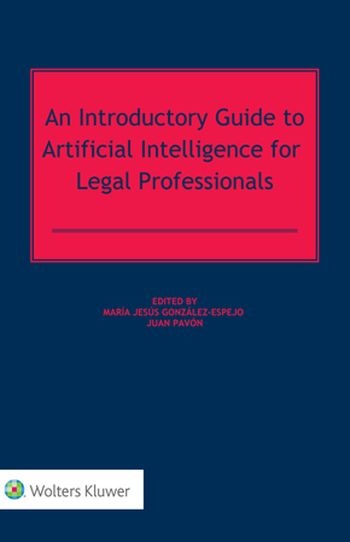
An Introductory Guide to Artificial Intelligence for Legal Professionals is a pioneering book devoted completely to the increasing presence of Artificial Intelligence (AI) in the legal profession.
AI is a technology that is transforming the way data, information and knowledge are processed, facilitating new interaction environments, and thus, being the base for innovative services in all the fields. This has consequences for the legal sector in two senses: modernization of the working methods and practice and assessment of the consequences of the new services in different sectors. AI offers jurists various tools that are useful to carry out the work, allow prediction of outcomes in the legal proceedings and also allow a massive analysis of documents and identification of patterns. In the field of prevention of corruption, there are AI applications to support law enforcement and judges in their work. Chatbots are already enabling clients to solve their own problems without consulting expensive legal experts.
What’s in this book:
The key elements analysed in this book include the following:
Keeping in mind the necessity to build up a discipline owing to the impact of AI on the law and legal practice, the knowledge and experiences of renowned experts in the AI field from several European countries have been pooled together as chapters in this book to enable the readers to gain a global view. Several practical examples, business cases and interviews form a part of this book which give insights into the issues that people are dealing with in practice and provide the real application of this technology.
How this will help you:
This introduction to AI will help practitioners in tax law, labour law, competition law and intellectual property law to understand what AI is, what it serves, what is the state-of-the-art and the potential of this technology, how they can benefit from its advantages and what are the risks it poses. It will be beneficial for people in the labour market, and the economic and business sector seeking legal advice. Also, policymakers will recognize the urgent need to formulate rules to properly manage the future of AI.